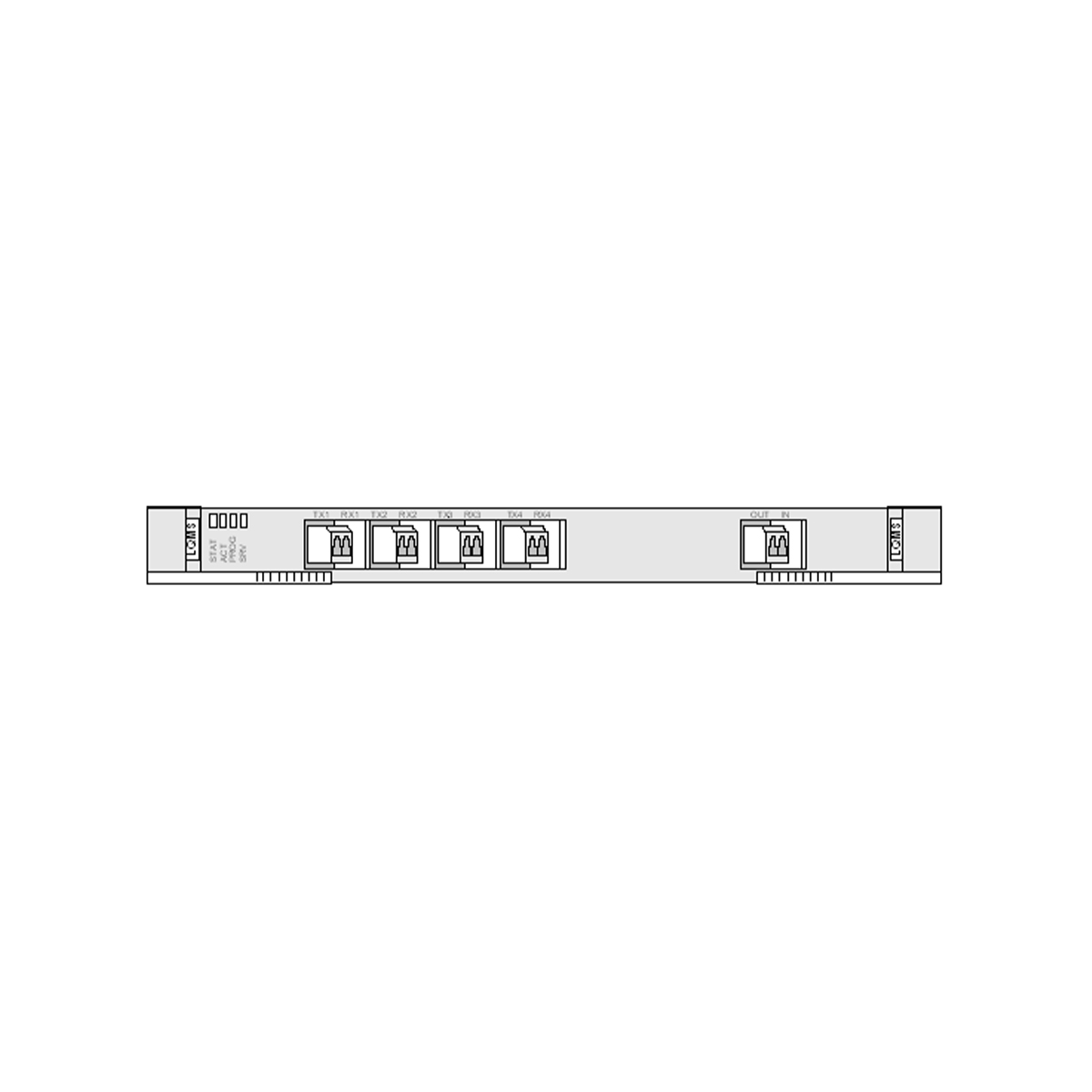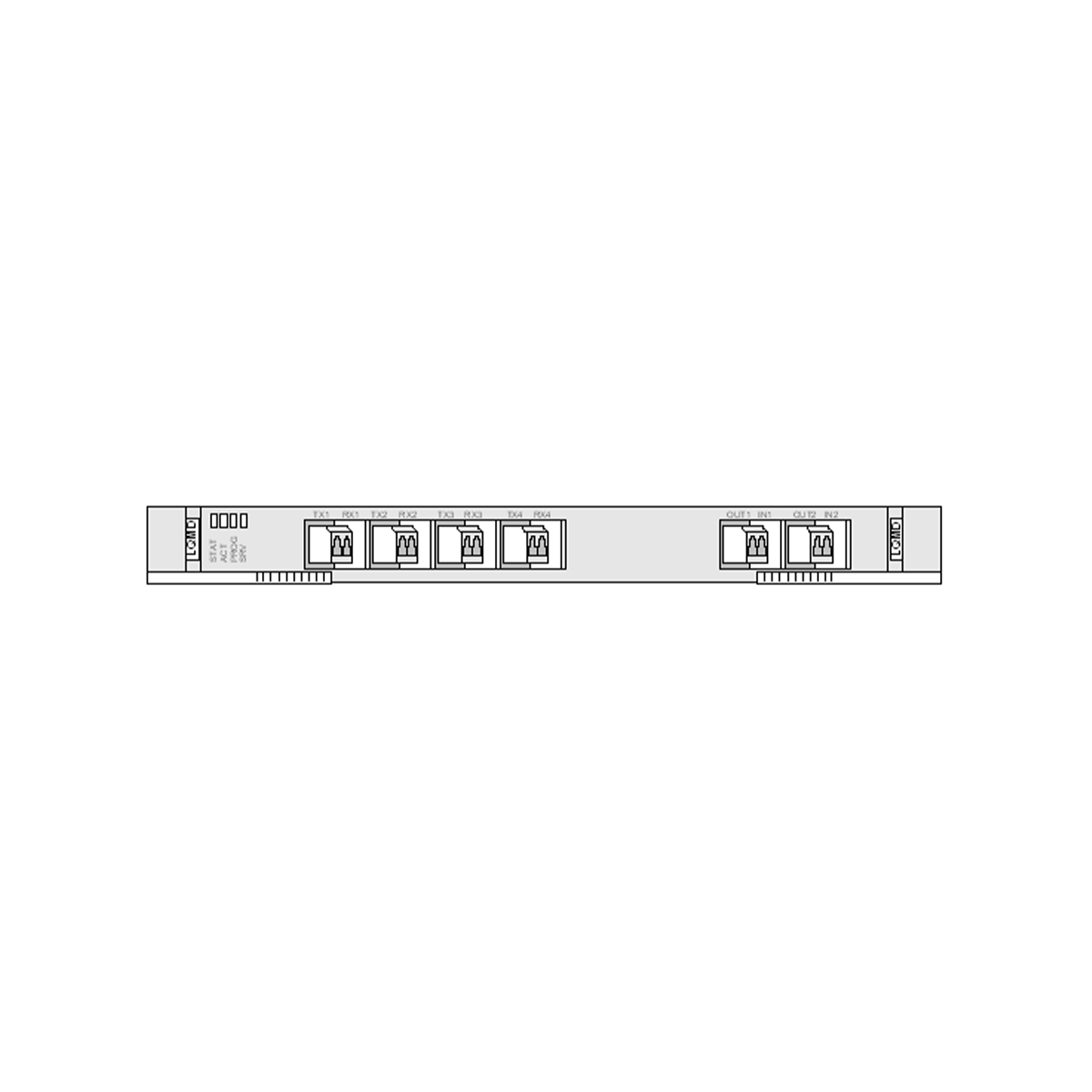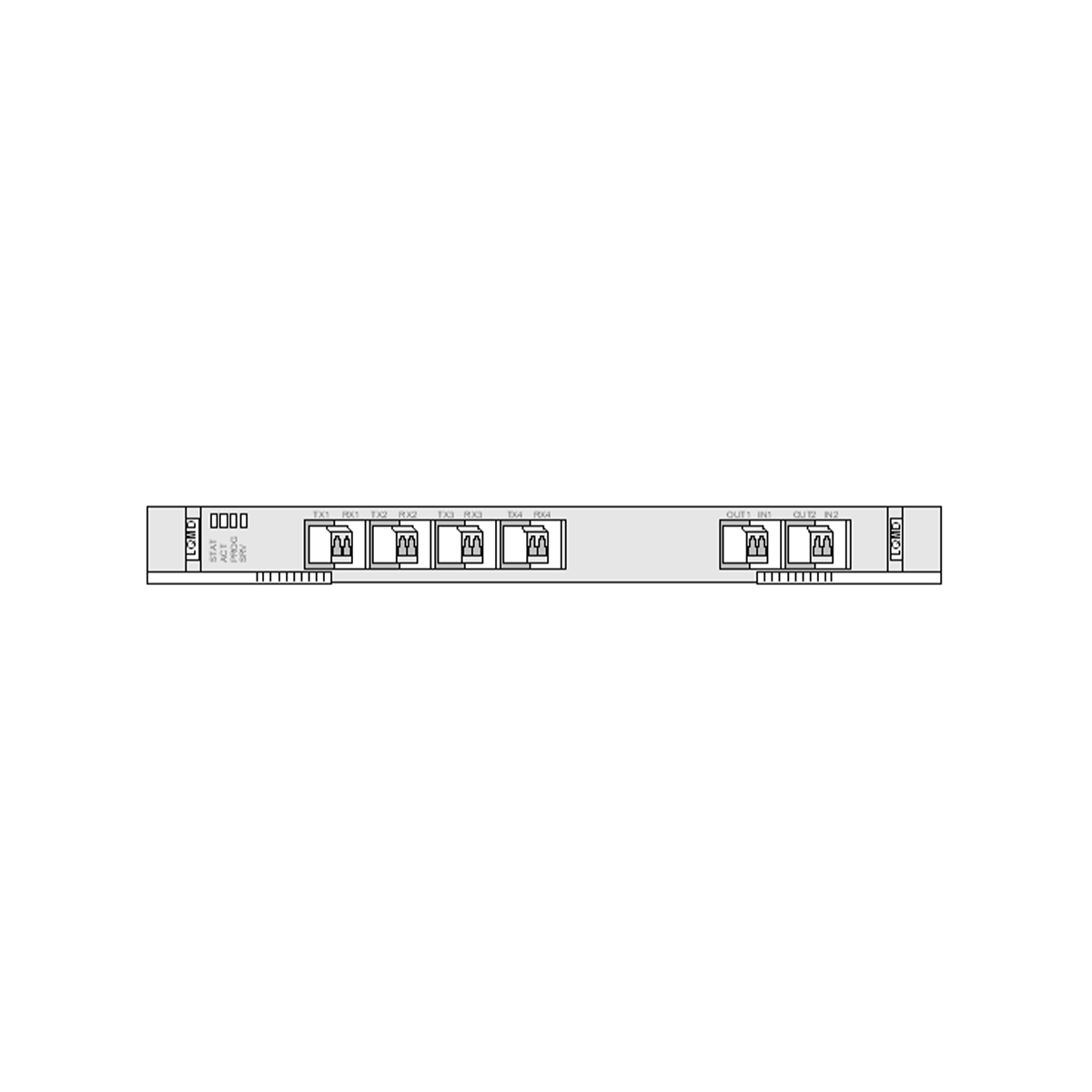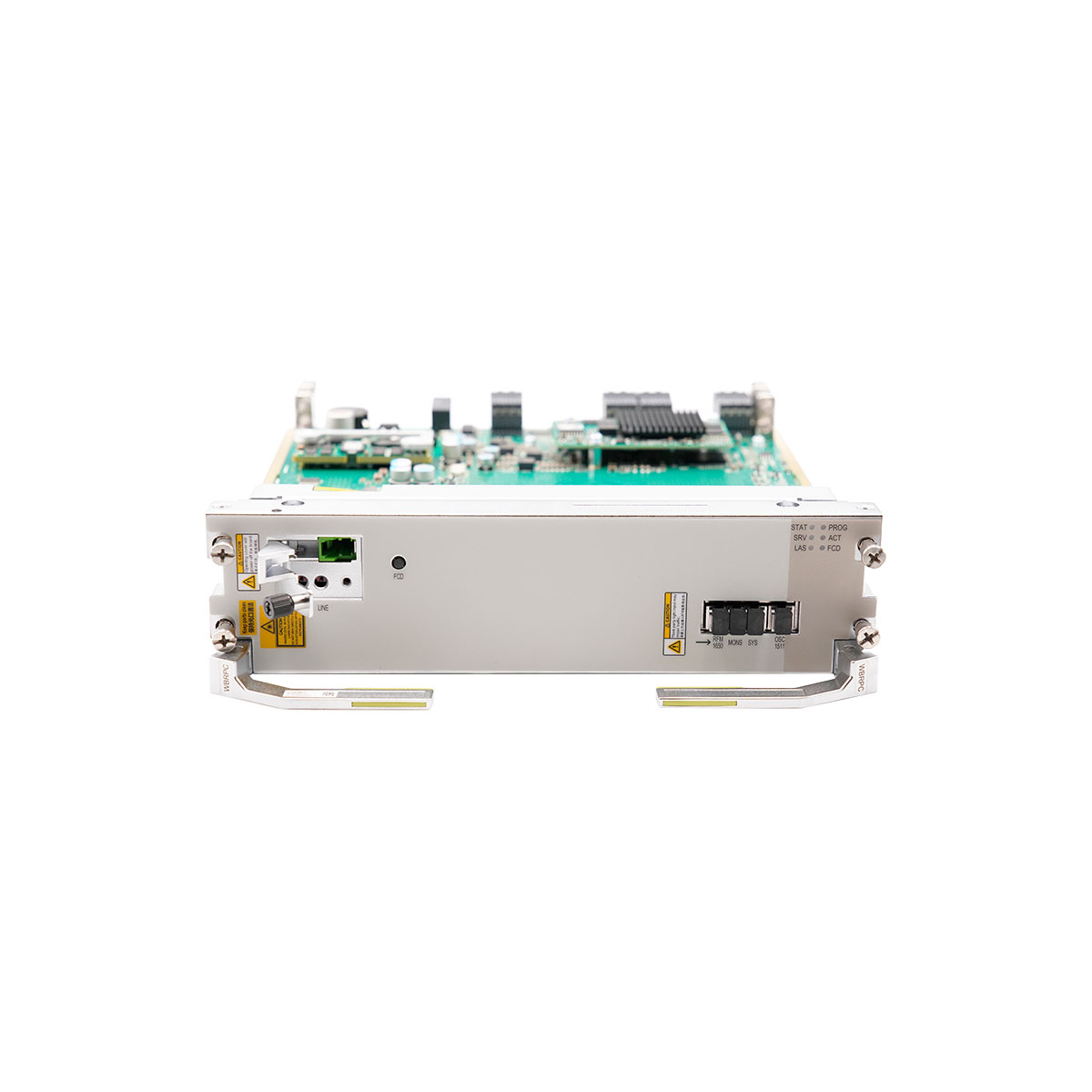It feels bad when your WI-FI signal gets weak, especially when you have something important to do. The problem could be with your PC, the wireless channel, the WIFI signal strength, or even the network itself. There are so many possibilities that it seems difficult to pinpoint the real problem. However, there are always solutions.
If your WiFi speed suddenly slows down and you can’t immediately identify the problem, this article can help you. First, let’s discuss what might be causing trouble.
Is the WIFI source an ONT or a home router?
Many ONTs provided by ISPs have 2db antennas, or worse; at this time, you need to purchase a high-quality home router to match the ONT; or you can contact the ISP to update a better-quality ONT, such as one with 5G WiFi Models, like HG6143D, EG8145V5, G-1426-MA, F670L, etc.
Router/ONT location
Like any other signal, there is a limit to how far your WIFI signal can reach. This means that the farther your device is from the router/ONT, the weaker the signal will be. Therefore, it is prudent to place the router close to the device. If you don’t have a main area to place and use your device, you can try placing it in the center of your home.
However, if your house is large or the signal is still strong
Broadcast coverage needs to be increased. To do this, you need to connect a repeater or Wi-Fi extender to your main router. These devices help extend the signal and cover a larger area.
Wireless signal interference
You may have never thought about it, but there are a lot of wireless signals around. These signals come from cell phone towers, electronic devices, satellites, WIFI routers, and more. Although your router’s signal is on a different frequency than most electronic devices, radio noise can interfere with your WIFI. Fortunately, there are several ways to minimize some common causes of disruption.
Microwave interference
Your microwave may be causing interference on your network, especially if you have an older router. This is because the frequency of a microwave is about 2.45GHz, which is very close to the 2.4GHz of WIFI.
Microwave frequencies overlap with Wi-Fi frequencies and can corrupt data. Most of the time, this interference occurs if your microwave is not adequately shielded. Make sure your microwave does not leak.
Bluetooth signal interference
Bluetooth is another popular wireless connection that also operates at the 2.4GHz frequency. In theory, a well-designed WIFI router should have a shield that prevents any form of interference. Although Bluetooth manufacturers design their devices to use frequency hopping, interference can still occur.
Therefore, place the router away from all Bluetooth devices. You can try turning off your Bluetooth device first to see if the problem persists.
Neighbor WIFI signal overlap
Almost all homes have their own WIFI network. Channel overlap can occur due to too many WIFI routers being located close to each other. This type of problem mostly occurs in apartments and residential areas.
Channel overlap is a problem for routers that only broadcast on the 2.4GHz frequency. It is also possible if your WiFi-enabled device only receives the 2.4GHz signal frequency. At this frequency, only fourteen channels are available for transmission. Multiple routers broadcasting on the same channel and frequency will cause overlap and mutual interference.









Leave a comment